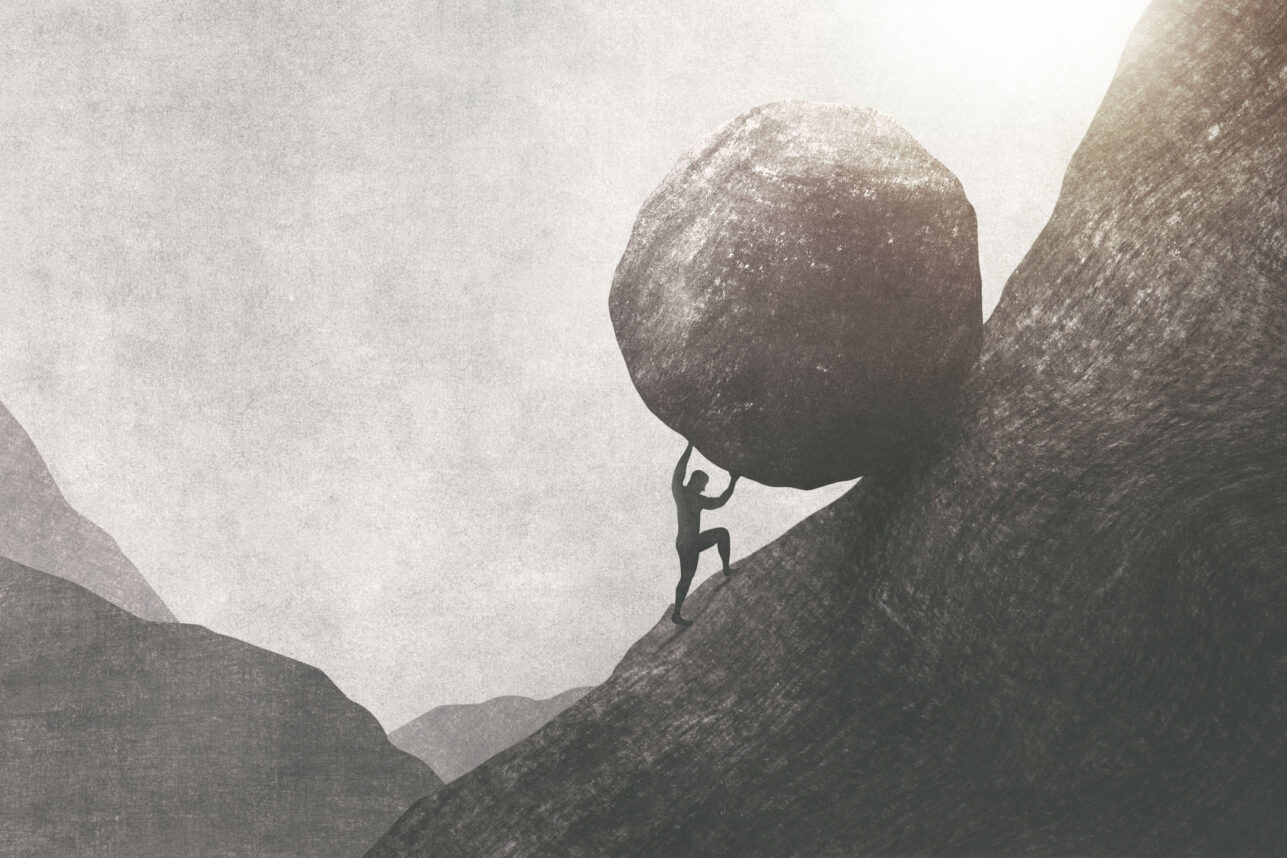Excerpt from Israeli TV show “Ktzarim”: some troubled people meet for group therapy.
In Hebrew with English subtitles.
Click on the BIG ARROW to view.
:::::::::::::::::::::
Security in Israel now is about as good as it gets. Suicide bombings have become a rarity; just the threat of one is a big news story. The northern border is again quiet, and Sderot is, if not quiet, considerably quieter than it’s been. Israelis don’t think twice about getting on buses or shopping downtown. Judging by their behavior, as opposed to their words, people in this country feel safe.
Meanwhile, the economy keeps growing. The war in Lebanon last summer didn’t cause anything more than a brief downturn. True, about half the Israeli population is either poor or close to it, but that’s nothing new. For this country’s “haves,” and for the national economy overall, it’s clear sailing.
Even driving a car in Israel is becoming safer all the time, believe it or not. Last year there were fewer road deaths than there have been in 20 years.
Yet to listen to Israelis, and to listen to the news media, the whole country is falling apart. All systems are in collapse. The leaders stink. Corruption and incompetence are everywhere. Tragically, people have become alienated from the state, from the society.
Oh, do me a favor.
First of all, Israelis have no real problem with corruption. No elected Israeli politician ever lost popularity because he was corrupt, or suspected of corruption. Some, like Arye Deri, Binyamin Netanyahu and Avigdor Lieberman, even gained popularity by claiming the police were persecuting them for political reasons.
Is Arkadi Gaydamak not suspected of massive corruption? Did this stop him from becoming one of the most powerful, popular men in Israel?
I don’t know which complaint I’m hearing more — that the leaders are corrupt, or that the justice system is too hard on the leaders.
Could it be that Israelis just need to kvetch about whoever’s in the headlines?
What a terrible situation, they moan. The new chief of police is already in hot water, the one before him was forced to resign, the head of the army resigns before he can be fired, the justice minister is convicted of sexual molestation, the president is going to be indicted for rape, the prime minister may be forced out for corruption or incompetence, or both, and the defense minister may be forced to go with him.
What can I say, except — that’s entertainment. Because the point is that this country is not falling apart. Can anybody explain how Katsav’s disgrace has hurt anyone but himself? If his disgrace has hurt the institution of the presidency, does anyone give a rip? If Shimon Peres becomes the new president, will it make a difference to anybody but Shimon Peres?
This is a very interesting show we’re watching, that’s all. These resignations and firings and investigations don’t hurt Israelis’ lives, and they don’t hurt the life of the nation, either.
While I think Dan Halutz got a bum rap, is the army lost without him? Do we have any less personal security, does Israel have any less national security, now that Gabi Ashkenazi is the chief of staff? Is any 18-year-old Israeli boy going to dodge the draft, or become any less of a soldier, because of the Winograd Commission?
The same holds true for the rest of the leaders under fire, or fired already. Can Israel survive, can we Israelis survive, without Moshe Katsav as president, without Moshe Karadi (or even Ya’acov Ganot) as chief of police, without Haim Ramon as justice minister, without Amir Peretz as defense minister, without Ehud Olmert as prime minister?
I think we can survive just fine. Maybe even better.
People are saying this is a corrupt country, a dysfunctional country.
I think all these investigations show just the opposite, but even among those who think Israel is going to the dogs — are any of them leaving the country, or thinking of leaving, because of what Katsav did to “A” or what Ramon did to “H”? Is anyone holding off on having another child, or on remodeling the house, because Halutz failed to make Hezbollah disappear, or because Karadi fiddled while the mafia bought a few police officers?
In 22 years living in Israel, I’ve never been approached by a civil servant for a bribe, I don’t know any woman who’s been raped or sexually molested by a politician, I haven’t been threatened by the mafia — and I don’t know anybody who has. These things happen here, but corruption and lawlessness are not the way of life in Israel like they are in Russia, China or dozens upon dozens of other countries in the world.
Furthermore, the Israeli army is one of the world’s best armies, and if the Israeli police aren’t one of the world’s best police forces, it’s not because of corruption.
I think the reason we’re seeing Israeli leaders dropping like flies is partly because law enforcement is getting tougher and more victims are coming forward, which are good reasons
Israelis may be in a terrible mood about the country, but the country is in very good shape. There are security threats, but there always have been and always will be. The important thing is that except for the 33 days of war last summer and the intermittent rocketing over the border from Gaza, this has been a safe country to live in for the last three years, and there’s a good chance it will go on being safe for years to come.
The economy offers a Western standard of living to people with good professional skills, which is a lot of people. The Israeli middle class lives well.
The only problems in this country that I would call grievous are: 1) the extent of poverty; 2) the second-class citizenship of Israeli Arabs; and 3) the increasingly extreme attitudes of many citizens, Jewish and Arab.





















 More news and opinions than at a Shabbat dinner, right in your inbox.
More news and opinions than at a Shabbat dinner, right in your inbox.